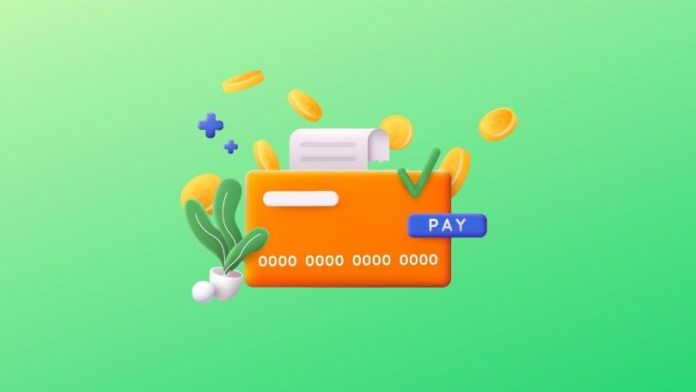Charging items to a credit card and paying off the charges over time is no longer the best option, and if you’re only making the minimum payment each month, it may not even be practical.
As loan rates increase, balances soar, reaching 23% or higher. Simple math illustrates the pressures: $100 becomes $123 in debt by the end of the year, assuming all other factors remain constant.
The amount of credit card debt is getting close to what it was before the epidemic. Today’s economy is very different from that of the past, and statistics show that those who live paycheck to paycheck are three times more likely to incur credit card debt than other people.
Consumers who live paycheck to paycheck have an average credit score of 664, which is more than 90 points lower than the average for those who don’t. They are therefore slightly more likely to discover that traditional finance is a precipice.
They increase their borrowing, their debt burden increases, they miss payments, and their credit ratings drop. Because we all have to prioritize spending, the vicious cycle is made more obvious when inflation is present, as it most definitely is right now. The cost of a credit card may come in last on the list, after expenses like rent or food.
Here, LendingClub is a good illustration. In its most recent financial report, the corporation stated that its consumer lending business is still expanding. The most recent timeframe saw a 19% increase in the company’s personal loan book. According to the most current supplemental documents, consumer marketplace originations as a whole increased 29% to $2.8 billion.
FinTech-related core revenues were for 59% of the top line thanks to the platform model and a multi-pronged strategy that includes digital banking and cross-pollination of goods and services, with banking-related revenues making up the remaining 41%.
Delinquency rates throughout the whole servicing portfolio are still below pre-pandemic levels, according to management.
Recent weeks have brought news of Tally receiving $80 million in Series D investment, which provides an automated debt paydown method. Eligible consumers are provided with a new line of credit at cheaper interest rates through the company’s products.
Additionally, providers have been helping FinTechs and businesses to approach credit in more methodical ways. Bond, an integrated finance platform, unveiled its Credit Builder Card over the summer, making it simpler for FinTechs.











